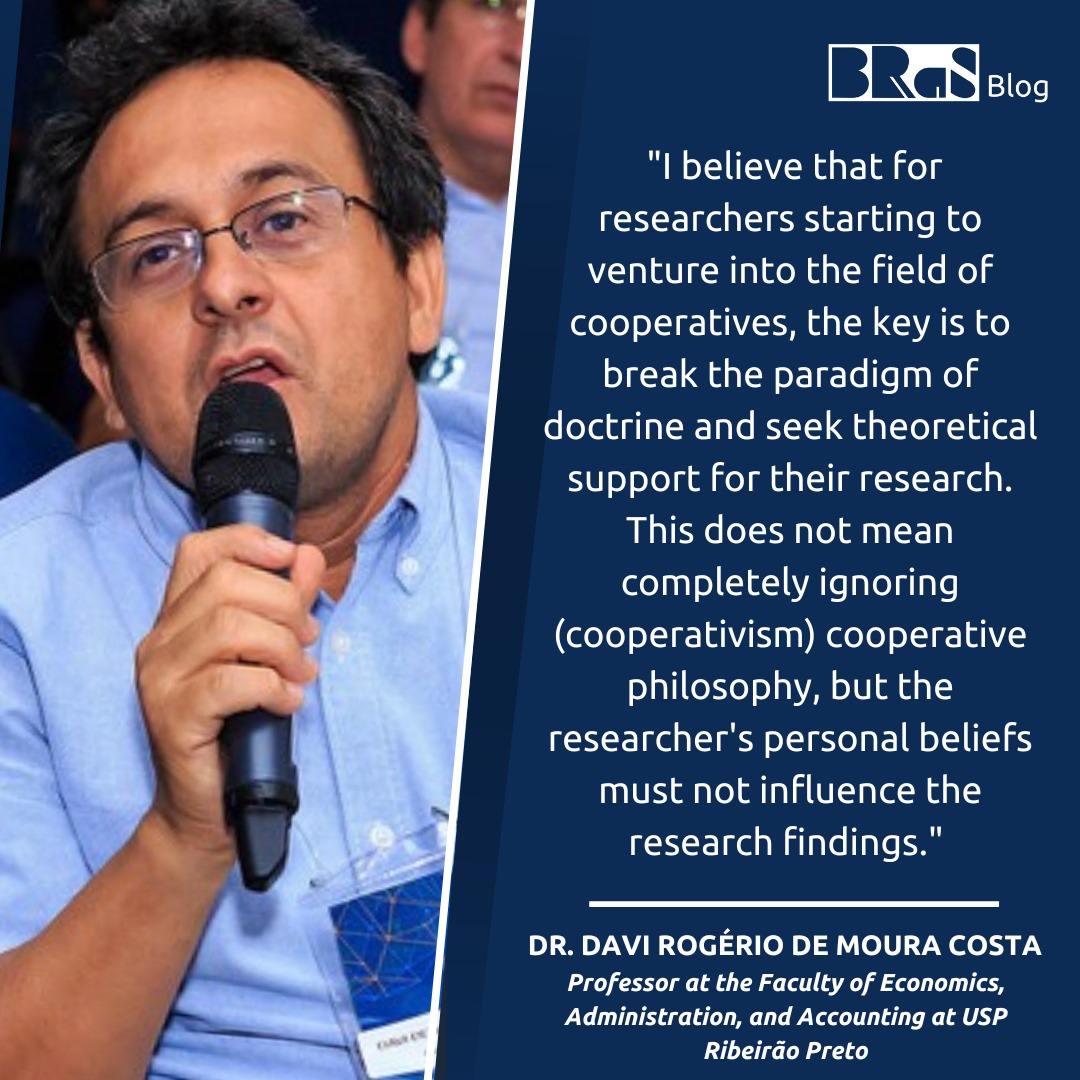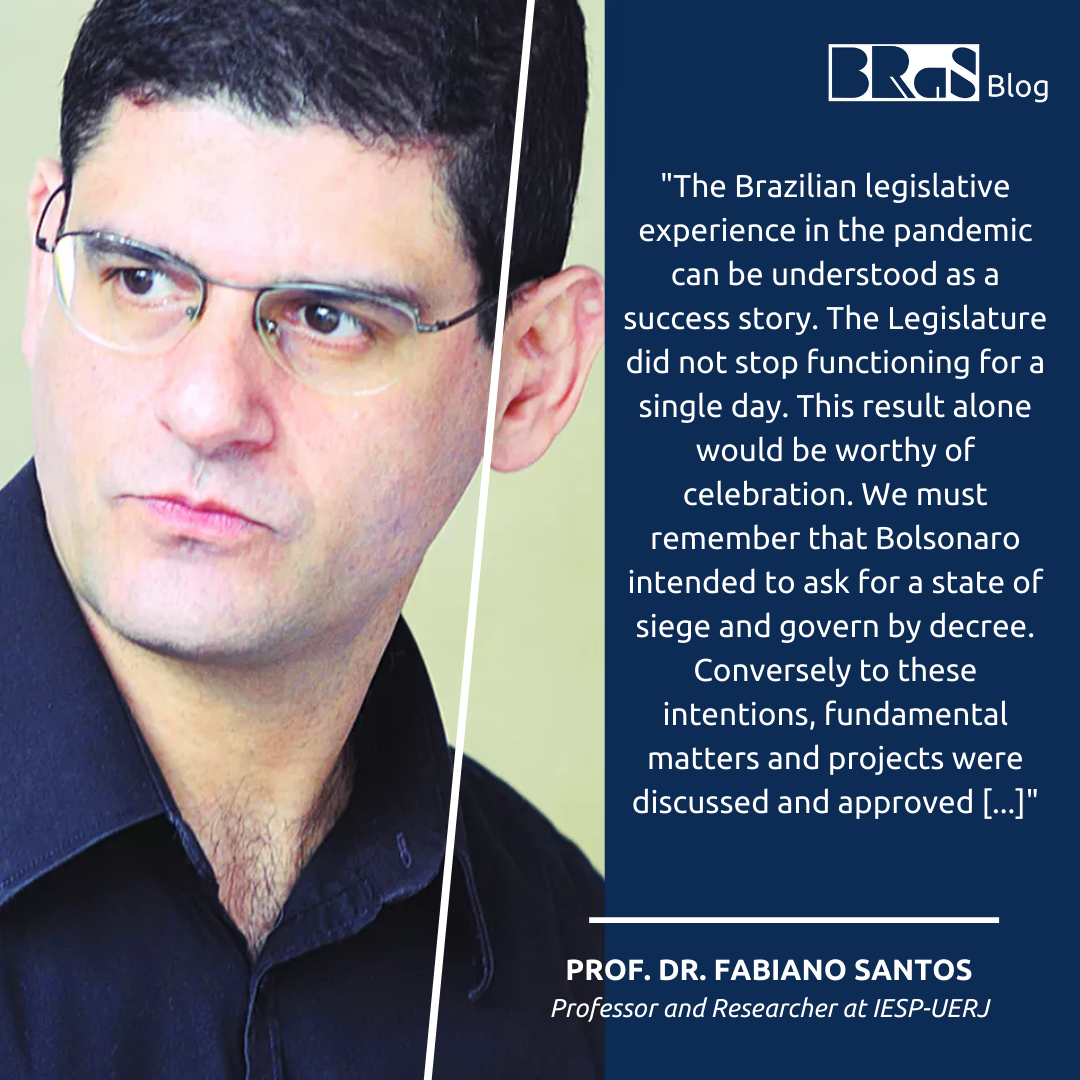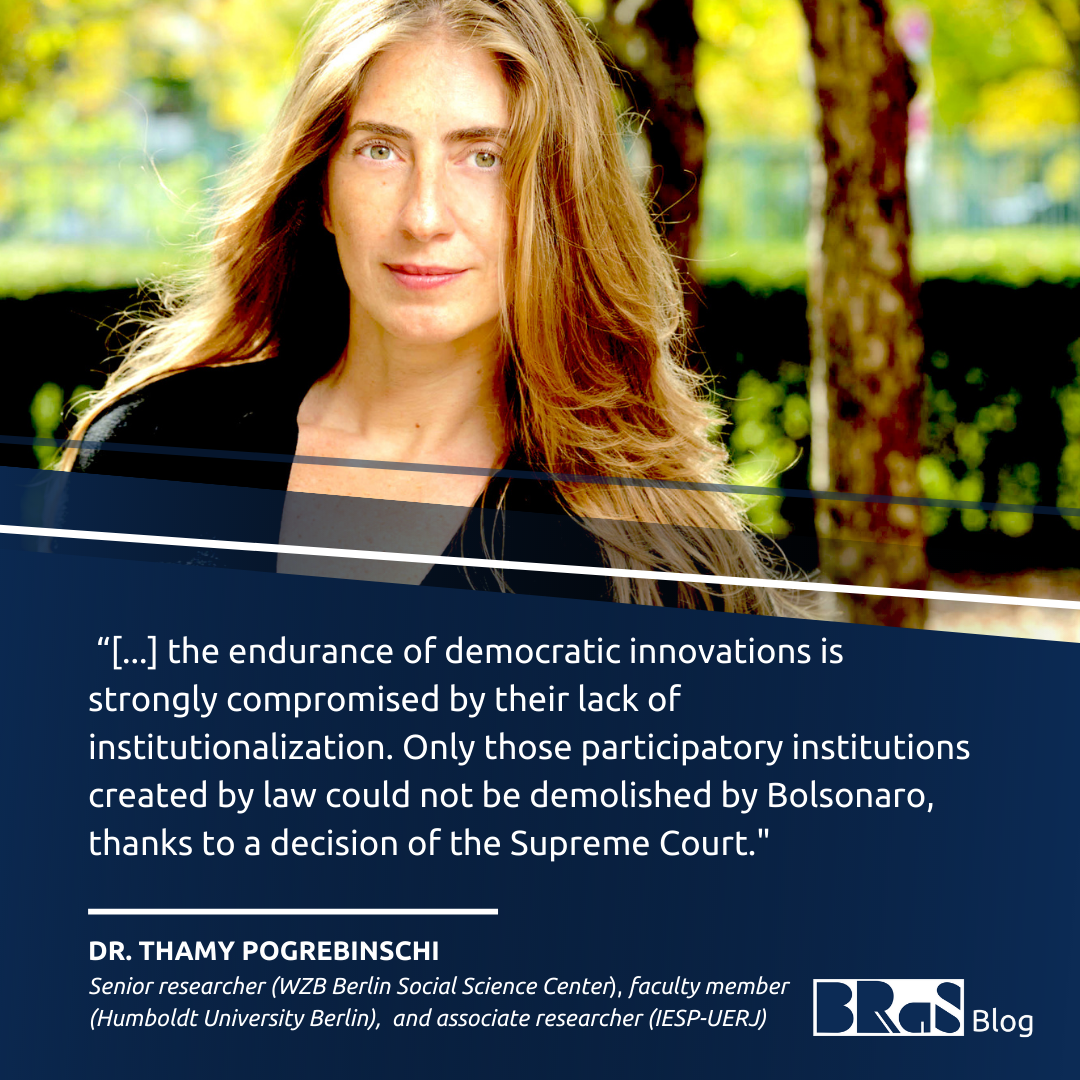In Modo de vida imperial: sobre a exploração de seres humanos e da natureza no capitalismo global* (The Imperial Mode of Living: Everyday Life and the Ecological Crisis of Capitalism), Ulrich Brand and Markus Wissen offer new perspectives about the links between everyday life and global inequalities. The authors show how an ‘imperial mode of living,’ broadly disseminated by Global North countries during their hegemonic actions carried out throughout the years, underpins inequalities, and relies upon the exploitation of people and resources from ‘somewhere else,’ mainly in the Global South.
In this context, Brand and Wissen refer to principles of social organization, international imbalances, hegemonic power, policy and economic proposals, lifestyles and social structure, everyday practices and strategies, and exclusion of people. It highlights the paradoxes of the socio-ecological crisis, demonstrating that the disseminated consumer culture and the process of capital accumulation are dependent on prerequisites that they cannot provide by themselves, mainly unlimited natural resources. Our interview focuses on discussing this book, which is, without a doubt, a decidedly critical approach to capitalism and its intricacies.
Isabela Espíndola
Interviewee: Prof. Dr. Ulrich Brand and Prof. Dr. Markus Wissen
Interviewer: M.A. Isabela Espíndola**
Edited and reviewed by Anna Paula Bennech and Giovanna Imbernon
Ulrich and Mark’s Bios
Ulrich Brand and Markus Wissen teach and conduct their research at the University of Vienna and the Berlin School of Economics and Law (HWR), respectively. They have worked together on scholarly and political projects since the 1990s, including BUKO (Federal Coordination on Internationalism), the Assoziation für kritische Gesellschaftsforschung (Association for Critical Social Research, AkG), and the Rosa Luxemburg Foundation. From 2008 to 2012, they worked together in the Department of Political Science at the University of Vienna. In 2021, they published the book Modo de vida imperial: sobre a exploração de seres humanos e da natureza no capitalismo global with Editora Elefante.
Interview
The Global North’s mode of living disseminated institutions, infrastructures, common sense, and everyday practices worldwide. By this, they secured their power in a way that is almost morally unquestionable. It might even ward off power struggles and ensure their claim over natural resources. However, our society is at a crossroads with climate change and the planetary limits banging at our doors. Considering this, is there an alternative mode of living? Is it likely to be achieved by 2030? Are the initiatives presented in the book enough to create this ‘solidarity mode of living’?
Ulrich Brand: First of all, we do not think that the imperial mode of living is morally not questioned. In fact, it is. However, we want to highlight that the imperial mode of living is broadly accepted, practically lived, and – at the same time – creates not only open resistance, e.g., in anti-extractivist initiatives. What is also very important when we think about alternatives is that many people who produce and reproduce the imperial mode of living have a sense of uneasiness with it. We refer here to Antonio Gramsci´s concept of an always “contradictory everyday consciousness.”
The debate over Global North x Global South covers various aspects of our society, from international relations to ecology, economy, among others. The concept “imperial mode of living” might be the main connector of the debate, explaining the unquestionable reproduction of a model not consistent with reality. It is argued in the book that social and material relations should be included in the analysis of Global North x Global South interplays. What would be the benefits of including it?
Markus Wissen: The dominant narrative is still based on the growth paradigm. Economies have to grow in order to make societies prosper. The rise of China supports this rather than challenging it. However, growth is nothing neutral. Instead, it implies an increase in resource use and environmental impact. Communities, e.g., in mining regions, are deprived of their living conditions, people are evicted from their lands. Economic growth in the Global North thus threatens people’s livelihoods elsewhere and in the future – a fact that disappears in the calculations and models of mainstream economics. It is even aggravated by the spread of Northern production and consumption patterns to parts of the Global South via world market competition. This approach is a universalization of what cannot be generalized from a socio-ecological, material point of view. The concept of an imperial mode of living aims to shed light on this contradiction inherent in the North-South relations in a capitalist world economy.
Capitalism privileges specific articulations and disadvantages others while promoting a consumer culture disseminated by everyday practices. This consumer culture becomes the social consensus and a dominant conception. They are the “normal.” Why this promoted “sense of normality” is a risk to our society? What are the implications to society-nature relations?
Ulrich Brand: Yes, in the last decades, we can see the emergence of a consumer culture installed by powerful economic actors, a gigantic marketing industry, a scientific dominance of neoclassical and particularly behavioral economics, and respective public discourses. The consumer culture is highly individualistic and meets the dominant praise of individualism. “You can choose whatever you want! … if you have the money or if you can indebt yourself.” The public, the foundational economy that secures, first of all, social life, still exists, but part of it was privatized and also became an object of profit-seeking. The expansionist drive of capitalism is largely welcome, and the power of private corporations is not questioned. Thus, related problems to this expansion are seen as collateral damages but not as structural problems.
When we understand politics not only the organization of common affairs and contested public discourses and policies but also the responsibility of private business and people for the common, we need to acknowledge that this understanding was and still is under attack. The mainstream society’s relation with nature implies that nature is mainly seen as a resource to meet human needs. However, those human needs are more and more mediated by the escalated growth logic of private transnational capital, which presents itself as the main actor to fulfill human needs through commodity production. We can identify this in the dominant form of environmental politics, which is about green growth, green markets, certification schemes, ecological modernization but not about questioning capitalism’s growth-oriented and destructive logic. Capitalistically organized relations to nature are largely destructive, and the promise of green growth or a green consumer culture is a myth.
The book mentions the contradictions of environmental politics, criticizing the dominant aspects of an ecological discourse and the dissemination of politics that only exacerbate contradictions. How might your argument relate to international environmental governance, and how can it support problem-shifting analysis?
Markus Wissen: International environmental governance is mostly seen under the aspect of problem-solving: States come together in order to cooperatively address crisis phenomena that, due to their border-crossing character, cannot be coped with individually. This approach is rather idealistic. The terrains of international environmental governance are not simply designed according to the need to solve non-controversial problems. Instead, the very definition and relevance of the problems which are to be negotiated are contested. What, e.g., is the significance of biodiversity loss, and for whom does it constitute a problem? There is much scientific evidence on this, and representatives of indigenous communities and peasant organizations have claimed the right to their land as a precondition not only for a self-determined livelihood but also for protecting biodiversity. However, industrial agriculture or the pharmaceutical industry and the national governments representing their interests rule these positions out. Biodiversity politics is largely about securing the access of commercial actors to genetic resources. Private property rights are considered key to the maintenance of biodiversity. This scenario is an outstanding manifestation of the imperial mode of production and living. It is inscribed in the problem definitions and institutions of international environmental governance and explains why the often dramatic descriptions of the ecological crisis do not translate into effective policies.
The “imperial mode of living” is linked with material wealth, economic growth, and technological progress. The widespread of this convincing and attractive narrative hides the discomfort with daily practices, policies, and behaviors that promote international imbalances, exclusion of people, and high resource consumption. To what extent the concept “imperial mode of living” can be applied and explain the COVID-19 pandemic crisis in Brazil?
Ulrich Brand: I agree that we need to look at these forms and articulations of discomfort. However, as you say, this is often hidden, and the imperial mode of living, which is also a mode of production, relies on enormous inner-societal and international imbalances, exclusion, and a constant flow of natural resources. The constant promise and desire that at one point “development” will serve more and more people have still an enormous power. The COVID-19 pandemic crisis comes in because capitalism means an instrumental understanding of nature. For instance, monocultures and the destruction of habitats serve capitalist interests while making the nascency and spread of such a virus more probable. Moreover, the acceleration of the international movement of people as part of capitalist globalization also pushes the virus’ spreading. Nevertheless, we can learn from Brazil and the Brazilian government that the political dealing with such a crisis has a certain contingency. We have the total irresponsibility of the Bolsonaro government and different attempts in other countries to deal with the crisis.
Markus Wissen: In the COVID-19 crisis, the imperial mode of living contradictions have become manifest. It is no longer possible to process the socio-ecological destructiveness of the prevailing production and consumption patterns through externalizing their consequences. The consequences strike back: in the form of diseases, fires, floods, i.e., dystopic events that have begun to hit also the societies of the Global North. Saying this does not mean that social and international inequality does not matter anymore. In contrast, the vulnerability to disasters continues to be mediated by class, gender, racist and neo-colonial international relations – see the highly uneven distribution of vaccines on a global scale and the fact that poor people all over the world are much stronger affected by the disease due to a missing or insufficient access to health care, the impossibility of physical distancing in small flats and densely populated neighborhoods, and because they do not dispose over the means of compensating, e.g., the educational consequences of the disease through homeschooling. As a global phenomenon, the pandemic thus is an equalizer, and at the same time, it increases inequality. People like Bolsonaro or Trump accelerate both tendencies; they strengthen resentments, spark conflicts and consciously risk the destruction of institutions in favor of the strongest (in monetary terms or simply in terms of brutal force), without ever taking responsibility for anything.
* BRaS-Blog dearly thanks Editora Falante for sending us a copy of the book in collaboration with this interview.
** Isabela Espíndola is a Ph.D. candidate in Human Geography at the University of São Paulo (USP). She holds a bachelor’s degree in International Relations and Economics, and a master’s in Environmental Sciences. Currently, she is a researcher member of the Political Geography and Environment Research Group and Student Coordinator of the Laboratory of Political Geography at USP. Also, a FAPESP Fellow and Brazil Steering Committee Member at the BRICS CCI Young Leaders. She has a special interest in the areas of international relations, hydropolitics, and transboundary cooperations, as well as human rights, sustainable development, and environmental policy.








